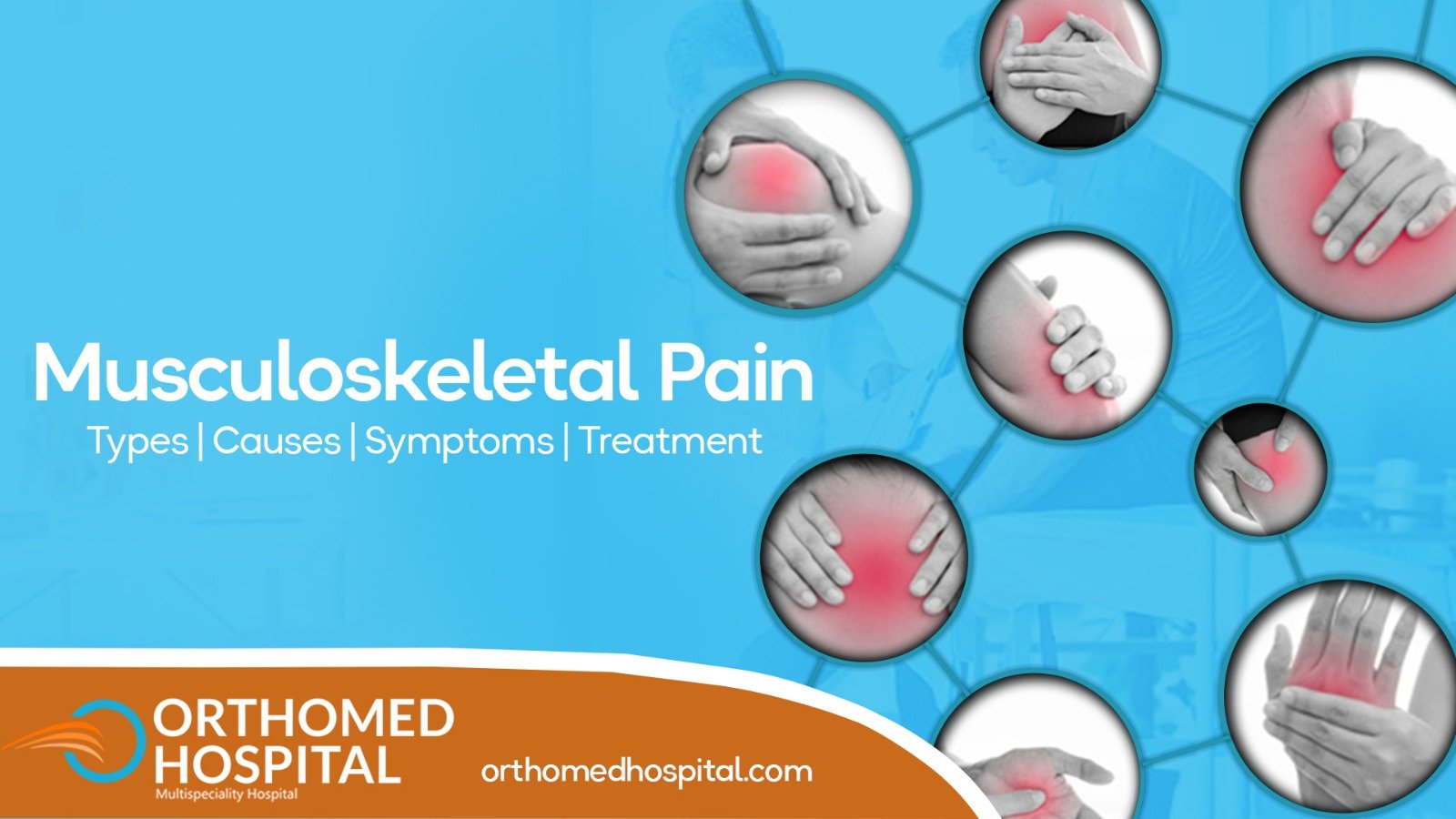
- Home
- About
- Services
- Specialists
- Research
- Achivements
- gallery
- contact








- Home
- About Us
- Orthopedics
- Know Your Alignment
- Sports Medicine
- Knee
- Arthroscopic ACI Cartilage Transplant
- Arthroscopic ACL Avulsion Fixation
- Arthroscopic ACL Primary Repair
- Arthroscopic ACL Reconstruction – All Inside Technique
- Arthroscopic ACL Rehab
- Arthroscopic ACL Revision Surgery
- Arthroscopic ACL Single Bundle Reconstruction
- Arthroscopic assisted MPFL Reconstruction
- Arthroscopic assisted Multiple Ligament Tear – SURGERY
- Arthroscopic Medial Meniscal Repair
- Arthroscopic OATS Chondroplasty
- Arthroscopic OCD Fixation
- Arthroscopic Paediatric ACL Reconstruction
- Arthroscopic PCL Avulsion Fixation
- Arthroscopic PCL Reconstruction
- Arthroscopy Assisted STEM Cell Cartilage Transplant
- PCL Rehabilitation
- Total Knee Replacement
- Shoulder
- Arthroscopic Rotator Cuff Repair
- Arthroscopic Bankart Repair
- Arthroscopy Assisted Latarjet Surgery
- AC Joint Fixation
- Arthroscopic Capsular Release
- Arthroscopic Sub – Acromial Decompression (SAD)
- Arthroscopic Calcific Tendinitis Excision
- Arthroscopic Biceps Tenodesis
- Arthroscopic SLAP Repair
- Arthroscopic Revision Cuff Repair
- Arthroscopic Revision Bankart Repair
- Shoulder Rehab
- Elbow
- Wrist
- Hip
- Ankle
- Our Specialities
- Cardiology
- Gastroenterology
- Radiology
- Internal Medicine & Diabetology
- Anesthesiology & Intensive Care Unit
- Neurology
- Nephrology
- Urology
- Oncology
- Rheumatology
- Endocrinology
- General Surgery
- Laparoscopic Surgery
- Podiatric / Diabetic Foot Clinic
- Obstetrics & Gynecology
- ENT
- Plastic & Cosmetic Surgery
- Paediatrics
- Pulmonology
- Psychiatry
- Vascular Surgery
- Dermatology
- Oral and Maxillofacial Surgery
- Our Services
- Resource
- Enquiry


- Home
- About Us
- Orthopedics
- Know Your Alignment
- Sports Medicine
- Knee
- Arthroscopic ACI Cartilage Transplant
- Arthroscopic ACL Avulsion Fixation
- Arthroscopic ACL Primary Repair
- Arthroscopic ACL Reconstruction – All Inside Technique
- Arthroscopic ACL Rehab
- Arthroscopic ACL Revision Surgery
- Arthroscopic ACL Single Bundle Reconstruction
- Arthroscopic assisted MPFL Reconstruction
- Arthroscopic assisted Multiple Ligament Tear – SURGERY
- Arthroscopic Medial Meniscal Repair
- Arthroscopic OATS Chondroplasty
- Arthroscopic OCD Fixation
- Arthroscopic Paediatric ACL Reconstruction
- Arthroscopic PCL Avulsion Fixation
- Arthroscopic PCL Reconstruction
- Arthroscopy Assisted STEM Cell Cartilage Transplant
- PCL Rehabilitation
- Total Knee Replacement
- Shoulder
- Arthroscopic Rotator Cuff Repair
- Arthroscopic Bankart Repair
- Arthroscopy Assisted Latarjet Surgery
- AC Joint Fixation
- Arthroscopic Capsular Release
- Arthroscopic Sub – Acromial Decompression (SAD)
- Arthroscopic Calcific Tendinitis Excision
- Arthroscopic Biceps Tenodesis
- Arthroscopic SLAP Repair
- Arthroscopic Revision Cuff Repair
- Arthroscopic Revision Bankart Repair
- Shoulder Rehab
- Elbow
- Wrist
- Hip
- Ankle
- Our Specialities
- Cardiology
- Gastroenterology
- Radiology
- Internal Medicine & Diabetology
- Anesthesiology & Intensive Care Unit
- Neurology
- Nephrology
- Urology
- Oncology
- Rheumatology
- Endocrinology
- General Surgery
- Laparoscopic Surgery
- Podiatric / Diabetic Foot Clinic
- Obstetrics & Gynecology
- ENT
- Plastic & Cosmetic Surgery
- Paediatrics
- Pulmonology
- Psychiatry
- Vascular Surgery
- Dermatology
- Oral and Maxillofacial Surgery
- Our Services
- Resource
- Enquiry



- Home
- About Us
- Orthopedics
- Know Your Alignment
- Sports Medicine
- Knee
- Arthroscopic ACI Cartilage Transplant
- Arthroscopic ACL Avulsion Fixation
- Arthroscopic ACL Primary Repair
- Arthroscopic ACL Reconstruction – All Inside Technique
- Arthroscopic ACL Rehab
- Arthroscopic ACL Revision Surgery
- Arthroscopic ACL Single Bundle Reconstruction
- Arthroscopic assisted MPFL Reconstruction
- Arthroscopic assisted Multiple Ligament Tear – SURGERY
- Arthroscopic Medial Meniscal Repair
- Arthroscopic OATS Chondroplasty
- Arthroscopic OCD Fixation
- Arthroscopic Paediatric ACL Reconstruction
- Arthroscopic PCL Avulsion Fixation
- Arthroscopic PCL Reconstruction
- Arthroscopy Assisted STEM Cell Cartilage Transplant
- PCL Rehabilitation
- Total Knee Replacement
- Shoulder
- Arthroscopic Rotator Cuff Repair
- Arthroscopic Bankart Repair
- Arthroscopy Assisted Latarjet Surgery
- AC Joint Fixation
- Arthroscopic Capsular Release
- Arthroscopic Sub – Acromial Decompression (SAD)
- Arthroscopic Calcific Tendinitis Excision
- Arthroscopic Biceps Tenodesis
- Arthroscopic SLAP Repair
- Arthroscopic Revision Cuff Repair
- Arthroscopic Revision Bankart Repair
- Shoulder Rehab
- Elbow
- Wrist
- Hip
- Ankle
- Our Specialities
- Cardiology
- Gastroenterology
- Radiology
- Internal Medicine & Diabetology
- Anesthesiology & Intensive Care Unit
- Neurology
- Nephrology
- Urology
- Oncology
- Rheumatology
- Endocrinology
- General Surgery
- Laparoscopic Surgery
- Podiatric / Diabetic Foot Clinic
- Obstetrics & Gynecology
- ENT
- Plastic & Cosmetic Surgery
- Paediatrics
- Pulmonology
- Psychiatry
- Vascular Surgery
- Dermatology
- Oral and Maxillofacial Surgery
- Our Services
- Resource
- Enquiry

Injuries are a very common byproduct of musculoskeletal pain, but that’s not the only one. Musculoskeletal pain comes from diverse sources, which include bones, muscles, tendons, ligaments, and joints. It’s a serious issue that directly troubles millions of lives worldwide, and getting an idea about its causes, types, symptoms and treatment scope is essential to maintaining a healthy and active lifestyle with proper musculoskeletal pain treatment.
About Musculoskeletal Pain
From mild discomfort to severe discomfort, musculoskeletal pain has a wider range. The occurrence of this pain can be in any part of the body, from the neck and shoulder to the hips and feet. Avoiding musculoskeletal pain can end up with more complications, like decreased mobility, reduced life quality, and chronic pain. That’s the reason it’s important to approach medical guidance if you experience persistent or severe musculoskeletal pain.
Possible Causes
Musculoskeletal pain is caused by different factors, which include:- Injuries like sprains, strains or fractures
- Overuse or continuous stress
- Improper body mechanics or poor posture
- Health conditions like osteoporosis or arthritis
- Aging and regular use of the body
- Acute pain: This type of pain starts suddenly and is usually caused by an accident or injury.
- Chronic pain: Chronic pain is long-lasting and lasts for more than three months. It can be due to a health issue or developed after an injury.
- Referred pain: Such pain happens when you experience pain in one part of your body, but the actual cause is somewhere else. For example, shoulder pain could come from your neck.
- Pain ranges from mild to severe.
- Inflammation or swelling
- Stiffness or short range of motion
- Weakness or unsteadiness in the affected area.
- Bruising or discoloration
If you have severe or persistent muscle or bone pain, it’s important to consult a doctor at a multi-specialty hospital. The doctors there are well-trained to diagnose and treat various bone and muscle problems.
DiagnosisTo find out the reason for musculoskeletal pain, your doctors will usually do a physical check-up and check about all your symptoms, medical history, and any current injuries or activities that could be connected to the pain. They also request imaging tests like X-rays, MRIs or CT scans to get a clear image of the problematic area and check for any hidden issues. For example, the best multi-specialty hospital like Orthomed provides the best care for musculoskeletal conditions, with specialized teams of nurses and doctors.
Treatment
Depending upon the basic reason and severity of the condition, treatment for musculoskeletal pain varies. Some common treatment options include:- Relax and ice: without stressing the affected area, applying the ice can result in a reduction of pain and inflammation.
- Counteractive medications: The use of pain relievers like ibuprofen or acetaminophen with doctor guidance can help reduce inflammation and pain.
- Physical therapy: With the help of a physical therapist, you can strengthen the affected area, enhance your motion range, and be educated with exercises that can prevent you from future injuries.
- Injections: In some cases, your doctor may recommend injections of corticosteroids or other medications to reduce inflammation and pain.
- At some point, doctors may recommend corticosteroid injections or other medications that decrease pain and inflammation.
- Surgery: If it’s a severe case, then surgery would be the best option to repair damaged tissues or correct any structural problems.
When to Call the Doctor
If you experience any following symptoms, then your first action is to consult your doctor.- Continuous and severe pain that doesn’t cure with over-the-counter medications.
- Inflammation or swelling with zero impact through ice or rest
- Tingling or numbness in a damaged area
- Facing difficulty while bearing or moving weight on the affected limb
- Sometimes fever or chills may be the infection signs.
Conclusion
In recent days, musculoskeletal pain is a very common condition that has an important impact on your quality of life. But if you understand the reason, types, symptoms, and treatment options for the condition, you can walk towards a way to prevent injuries, manage your symptoms, and move yourself towards an active and healthy lifestyle. If you face any severe or continuous musculoskeletal pain, then don’t hesitate to get medical attention at Orthomed, the best multi-specialty hospital. With the right musculoskeletal pain treatment and support, you can go back to the activities you love and live your best life.

Comments are closed